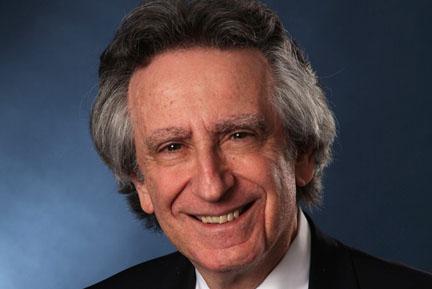PROVIDENCE, R.I. [Brown University] — Even after centuries of earnest oaths and laws, the debate about whether money compromises medicine remains unresolved, observes Dr. Eli Adashi in a new paper in the AMA Journal of Ethics. The problem might not be truly intractable, he said, but recent reforms will likely make little progress or difference.
“This is one of those things we have to appreciate as being with us for a long time,” said Adashi, former dean of medicine and biological sciences at Brown University. “It will probably be with us forever. It’s probably not entirely fixable unless one really made a concerted effort driven by consensus to do so, but that doesn’t exist. I think it’s a useful exercise to call it as it is.”
Those who worry physicians will be compromised by money — and certainly not everyone does — have sought to prevent it for centuries, Adashi writes. Physician’s oaths dating back hundreds of years in Spain, India, Japan all decry greed (and in one case, miserliness). Nevertheless, in different countries and to different extents medicine and money remain entangled not only in how physicians make a living, but also in the debt their education creates, in their entrepreneurship, or by the other stakeholders in their industry, be they insurers or drug companies.
Even in the relatively laissez faire United States, reforms over the last few decades have sought to lessen potential challenges, Adashi notes. The “Stark Laws” attempted to curb physician referrals of patients to businesses they own. The Affordable Care Act took on the matter of disclosure of industry payments to physicians. The Affordable Care Act also encourages a transition from “fee-for-volume” payment, in which doctors are paid more for doing more procedures (as fast as possible), to “fee-for-value,” in which their incentive is to produce a quality result at minimal cost.
But even that latter reform, Adashi writes, may not prove decisive.
“Whether or not a momentous alteration of the economic ground rules on this scale will in effect change hearts and minds remains doubtful,” he concludes. “More than likely, money and medicine will remain indivisible and irreconcilable for some time to come. Few expect otherwise.”
The full essay is available online.

